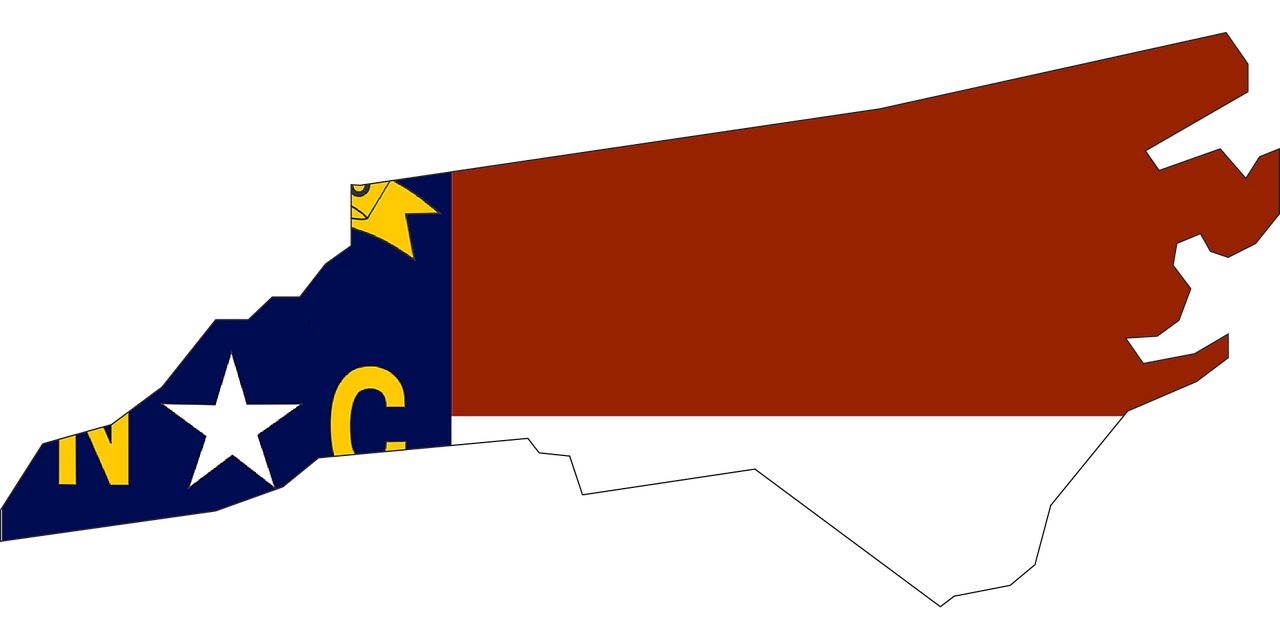North Carolina Gov. Roy Cooper signed two coronavirus relief bills into law on Monday, May 4.
The North Carolina General Assembly had hoped to pass a coronavirus relief bill on Thursday, April 30, but negotiations between the state House and Senate to reconcile the bills held the passage up.
However, on Saturday, May 2, both the state House and Senate passed the two bills unanimously. The original House “Pandemic Response Act” was $1.7 billion and the Senate bill $1.3 billion. The final spending bill came in at $1.56 billion.
The other bill, the “Covid-19 Recovery Act,” provides tax relief, streamlines unemployment access and makes reforms to government operations, particularly in education and health care to assist North Carolinians during the economic shutdown.
One of the issues that had to be settled in the legislature was that the Senate bill increased unemployment benefits from $350 per week to $400 per week. In addition to the state unemployment payments, those receiving unemployment payments are also eligible to receive $600 per week from the federal government.
In the press conference after the signing, House Speaker Tim Moore said that the legislature wanted to look at unemployment trends over the next few weeks.
Senate President Pro Tem Sen. Phil Berger said he expected the state to move in the direction of increasing the unemployment payment to $400 as the Senate had in its bill.
Cooper said that there was concern about what happens after the $600 a week federal supplement runs out.
The “Pandemic Response Act” provides $75 million for school nutrition, $70 million for summer learning programs, $30 million for electronic devices for students, $5 million for electronic devices for teachers plus other funding for K-12 public education as well as funding for the university and community college systems.
It also provides $150 million for local government COVID-19 needs, $125 million for small business loans through the Golden LEAF Foundation, $6 million for food banks, $25 million for testing, tracing and trends related to COVID-19, $25 million for additional public health capacity and $300 million for the North Carolina Department of Transportation, to name a few of the allocations.


So, ALL those that have been waiting on their unemployment, will finally get it? My daughter has been waiting since March 21. Still can’t get through on the phone, and NEVER get anywhere on the computer, either!
$300 million for DOT?????? What?? Why?? So testing for a supposedly “deadly” virus only gets $25 million and health care, which supposedly needs ventilators, masks, gloves, etc, only gets $25 million, but NCDOT gets a whopping $300 freaking million!!! What is wrong with this state! This just goes to show that this so called deadly virus isn’t as serious as they claim when the MAJORITY of a CORONAVIRUS Relief Bill, which SHOULD go to small businesses and schools, and the people, is going to the DOT!! We should be asking WHY!! Why is DOT getting all that Coronavirus Relief money instead of small businesses?? Whose pockets is this going in!
Excuse my English, but nobody is providing nothing. Where does this money come from? Some of it is extorted from the taxpayer, the rest comes from the printing press in Washington. Why does it cost $9 for a 1oz jar of vanilla? Why is the price of most everything jaw-dropping? The value of what you are buying is not going up, it’s just that the fiat paper printed by our government is. It is legal for all debts, sez Big Brother, and so it is. All the pensioners are being wiped out. Can you say “Venezuela”? Can you say “Germany 1922”?
Pended on eighth week for unemployment, can’t get through to anyone who can help, hundreds of dials. Not going in time order, obviously.
You can’t get any govt office on the phone in a reasonable amount of time. Not just now, but for a long time. If you have nothing to do all day (like now), you can wait 60-80-100 minutes with your speaker phone on your desk – can’t answer the door or go to the bathroom, though. There are PLENTY of bureaucrats who could take these calls. What are they doing? Well, covering their cushy jobs. Go to the post office, go downtown, go to the SS office; you will see how it is being run. There are millions of seniors around the country who would be eager to put on a headset and take these calls – at less than 60 grand a year that many get for just showing up. I’ll do it. I feel better now…….
Oh, I forgot one: go to the local offices of the NCDL to get your DL license renewed, or changed. You’ll REALLY see how our govt does business with it’s citizens. you leave with anger.